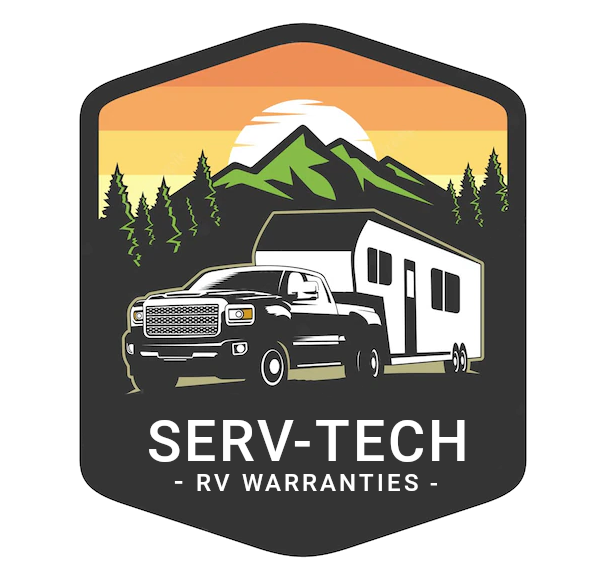Understanding the Need for a Thorough RV Inspection
Recreational vehicles (RVs) offer the freedom to explore the world on your own terms. However, purchasing an RV is a significant investment, and ensuring its quality and safety is crucial. A pre-purchase RV inspection is an essential step in making an informed decision.
What is an RV Inspection?
An RV inspection involves a detailed examination of the vehicle by a qualified inspector. It covers various aspects, including the engine, electrical systems, plumbing, appliances, and overall condition. The goal is to identify any existing or potential issues that could affect the RV’s performance and safety.
Why is it Important?
- Safety: Ensuring the RV is safe for travel and habitation.
- Value: Understanding the true value of the RV and avoiding overpaying.
- Longevity: Identifying maintenance needs for long-term reliability.
Key Areas of Focus During an RV Inspection
Mechanical and Electrical Systems
- Engine Health: Checking for leaks, wear, and performance.
- Electrical System: Inspecting wiring, batteries, and connections.
Living Quarters
- Plumbing and HVAC: Ensuring functionality and no leaks.
- Appliances: Testing stoves, refrigerators, and other amenities.
Structural Integrity
- Body and Frame: Checking for damage, rust, or repairs.
- Windows and Doors: Ensuring seals and locks function properly.
Choosing a Qualified RV Inspector
- Certifications: Look for inspectors with recognized qualifications.
- Experience: Choose someone with a track record of thorough inspections.
Conclusion
A comprehensive RV inspection is a critical step in the purchasing process. It ensures safety, value, and a positive RV experience. Always prioritize a thorough inspection before finalizing your RV purchase.
